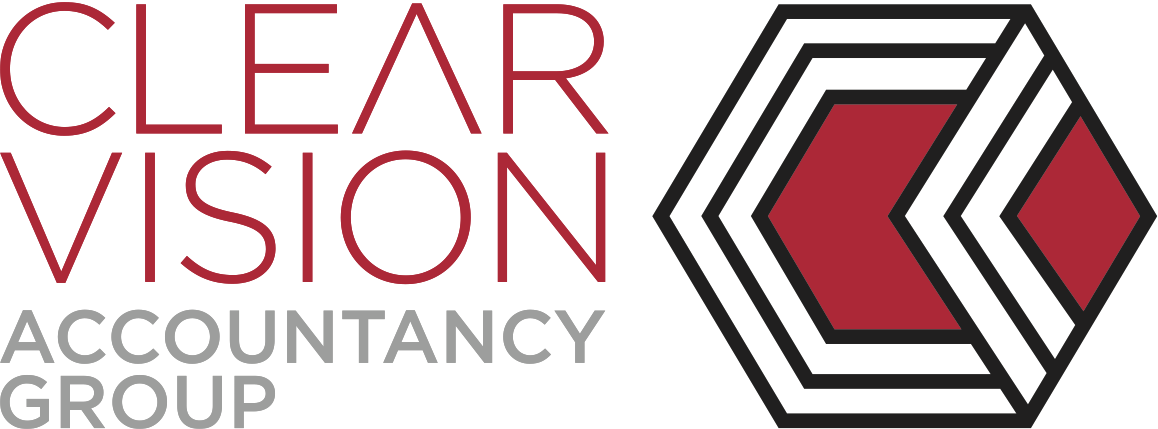How powerful is the ATO?
ABC News has an interesting article about the ATO which states the Australian Tax Office has been described as one of the most powerful institutions in the country.
And if you didn’t watch Four Corners last week, you may be interested to hear about a joint investigation by Four Corners and Fairfax Media which has exposed disturbing behavior within the Tax Office, sparking calls for more oversight and accountability.
The ATO has extraordinary powers and when it makes mistakes, it can destroy small businesses and livelihoods, states ABC News.
Here are a few eye opening, jaw dropping facts you may not know:
- If the ATO comes knocking, you have to prove your innocence. Innocent until proven guilty is not how it works with the Tax Office.
- The ATO can search your property without a warrant “When using our access powers, we are authorised to enter and remain on any land, premises or place and have full and free access to books, documents, goods or other property,” an ATO statement says
- The ATO can divert your income…. to itself. This power allows the ATO to instruct a bank to immediately divert income sent to a small business to the Tax Office.
If you want to protect yourself now you may want to consider Audit Shield Service. You may not be targeted but if you are, wouldn’t it be comforting to know that in the event that you are subject to an audit, enquiry, investigation or review in relation to your lodged returns, if you participate in our Audit Shield service you will be covered for the professional fees associated with the response process (up to a prescribed limit). It’s basically giving you peace of mind.
To find out how call us on 07 4688 2500.
You can read more about it at www.abc.net.au
The post How powerful is the ATO? appeared first on Clear Vision Accountancy Group.





